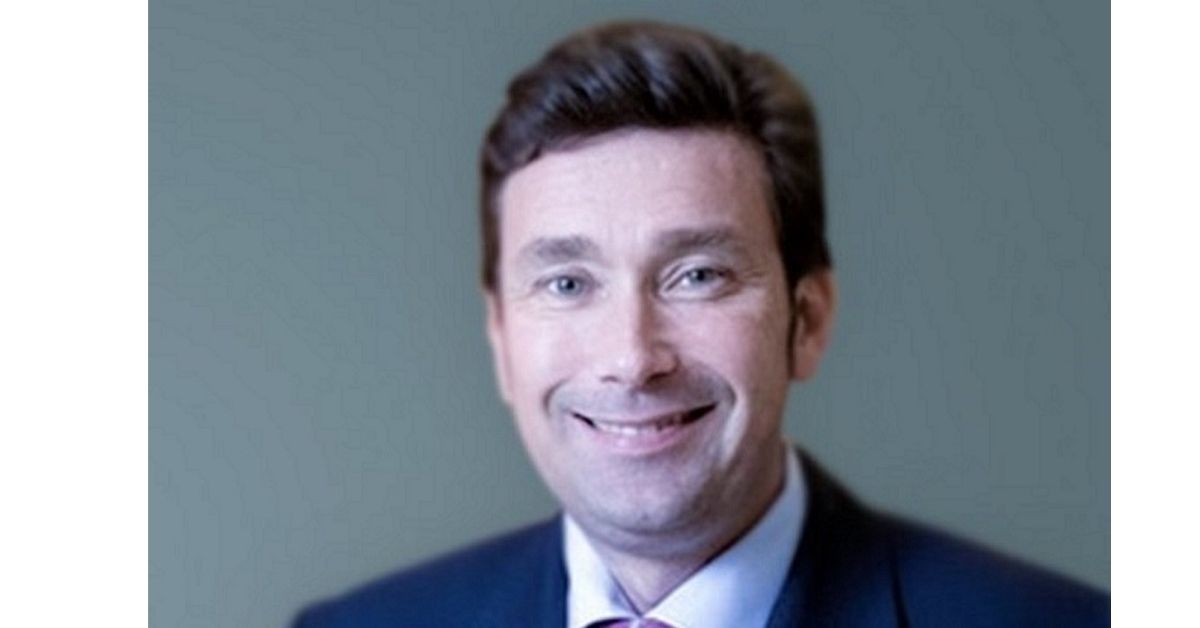The vast network of ports, container vessels, warehouses and trucking companies involved in transporting and storing goods around the world is badly tangled. Gridlocks are wreaking havoc on global supply chains, with the cost of sending containers from Asia to the West surging. The Freightos Global Container Index, a measure of freight costs, has surged more than fivefold in the year through Aug.21.
Sailors are stranded on foreign ports, containers are stuck at ports as people are not buying inventories, and there is uncertainty in scheduling because of port shutdowns.
This quagmire will last for longer than anticipated, according to Jakob Friis Sorensen, Managing Director at Gujarat Pipavav Port Ltd. Uncertainty, he said, is the new normal. “I have been in logistics for 30 years, and I cannot remember seeing this much disruption.”
Inefficiencies in Europe and the U.S. because of lack of warehousing space, manpower to unload and store containers has also contributed to this uncertainty, he said. And the knock-on effect of increased logistic costs will add up to what consumers have to pay for houses and construction materials, edible items and more, he said.
For Gujarat Pipavav, which competes with Adani Ports and Special Economic Zone Ltd., the dedicated freight corridor will be a positive as it will add speed and predictability to goods transport in India.
The Pipavav Rail Corp., an electrified line from Pipavav to Surendranagar, will help the flow of cargo more efficiently and with greater speed, he said.
The Pipavav port is located on the coast of Gujarat, and competes with the Mundra, Hazira and Dahej ports in the region. Jakob, however, said that each has its own advantages.
Jakob said India is trying to privatise or monetise ports and services and APM Terminals Group, the parent of the company, is looking beyond Pipavav to participate in other assets. India has room to grow and offers APM, part of A.P.Moller-Maersk that owns the world’s largest shipping line, an opportunity to expand in Asia’s third-largest economy.
Source: Bloomberg Quint







